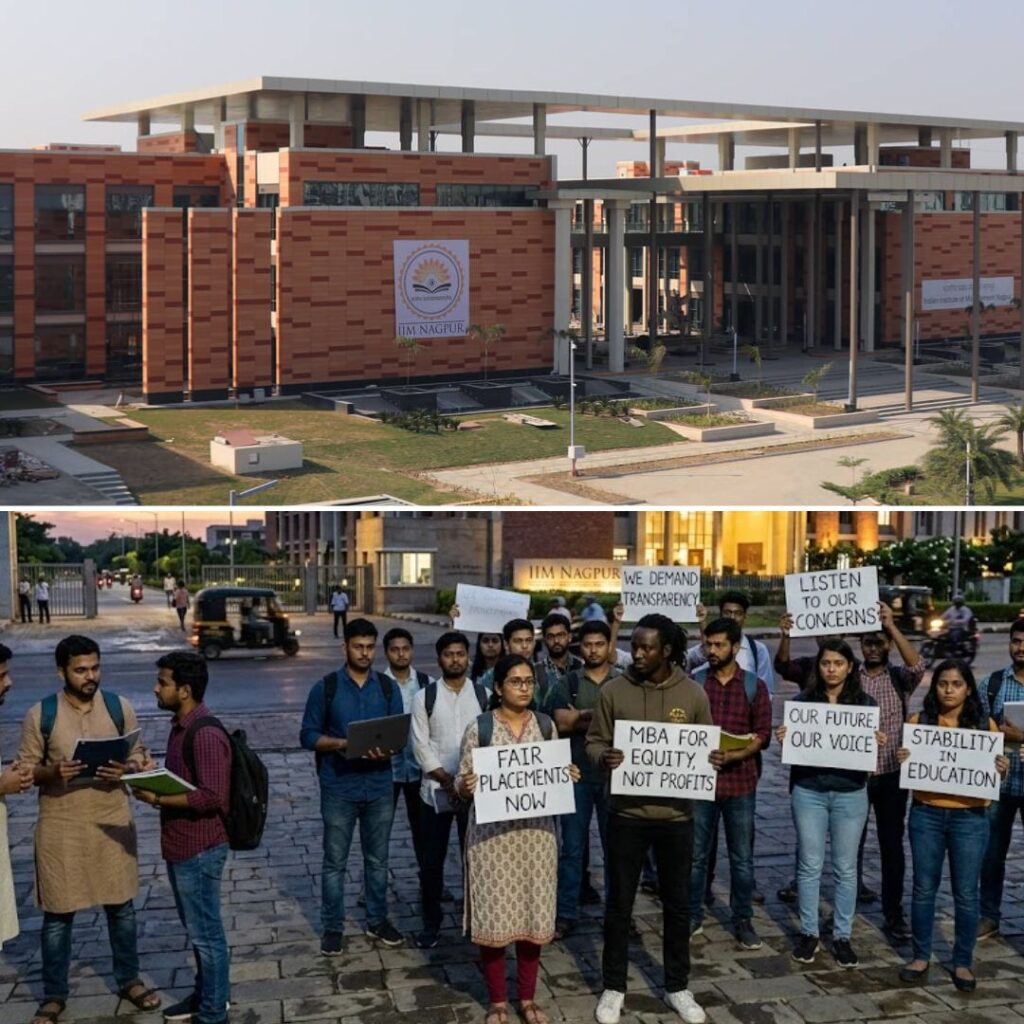The coronavirus-induced reverse migration of migrant workers in Bihar might have given rise to its first set of entrepreneurs.
According to the Hindustan Times, the workers who returned to their native town in Bihar’s West Champaran district are hoping to use their bat-making skills, back home, to earn a livelihood.
These migrant workers who moved to Jammu and Kashmir’s Anantnag, Awantipora and Qazigund were employed at bat-manufacturing units and have come back amid the easing of the travel restrictions which was imposed to contain COVID-19.
Around 10 of such workers have set up a local unit at Sahodra village in West Champaran district about a month ago and have reportedly produced 50 bats which have been an instant hit among buyers.
‘There is no place as sweet home. Nothing can be more satisfying if you get to stay at your native place and also earn a living,’ said 30-year-old Abulesh Ansari, of Parasauni village. He moulds logs of Poplar tree whose wood is used for making exquisite cricket bats and learned the craft of bat-making at a factory in Anantnag.
‘Making a bat is all about precision, which involves judgment, adjustment, and calculation all rolled into one. It’s also an art,’ he added.
‘The lightness and stroke-making are the major differentiators in the available assortment of bats that cost below Rs 1,000,’ said Afroz Alam, a buyer.
29-year-old Dilshad Alam who was employed at a factory in Qazigund said, ‘It’s difficult to scale up the volume because the production is still manual. We aim to sell each bat for Rs 800. West Champaran can emerge as a hub for making cricket bats because poplar tree, a basic ingredient, grows in abundance in the district.’
Hinting at the biggest hindrance, the lack of finances has been the reason why the factory is still operating manually.
Another migrant worker said that they used to make at least 12 bats per day in Kashmir but here the production is low due to lack of mechanised equipment and unavailability of dry woods during the rainy season.
However, the hopeful bunch has approached government officials for financial assistance.
‘We are satisfied with the bat samples. We will provide necessary financial aid to them,’ said Raju Ranjan Shrivastava, circle officer (CO), Gaunaha block.
Also Read: 24 Lakh Children Affected By Recent Floods In India: UNICEF













